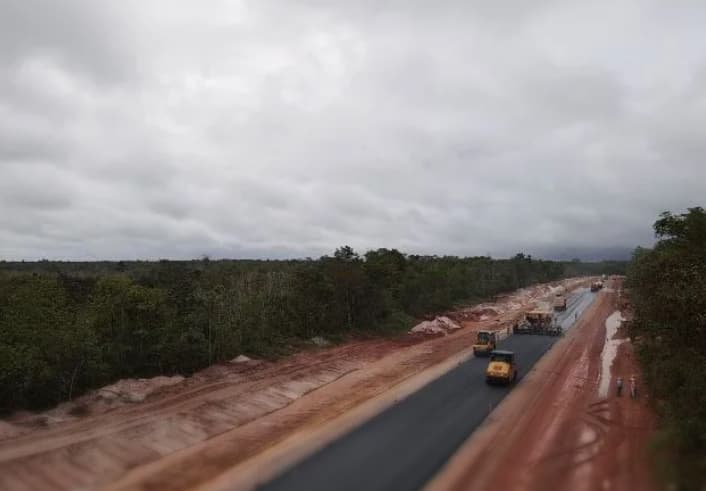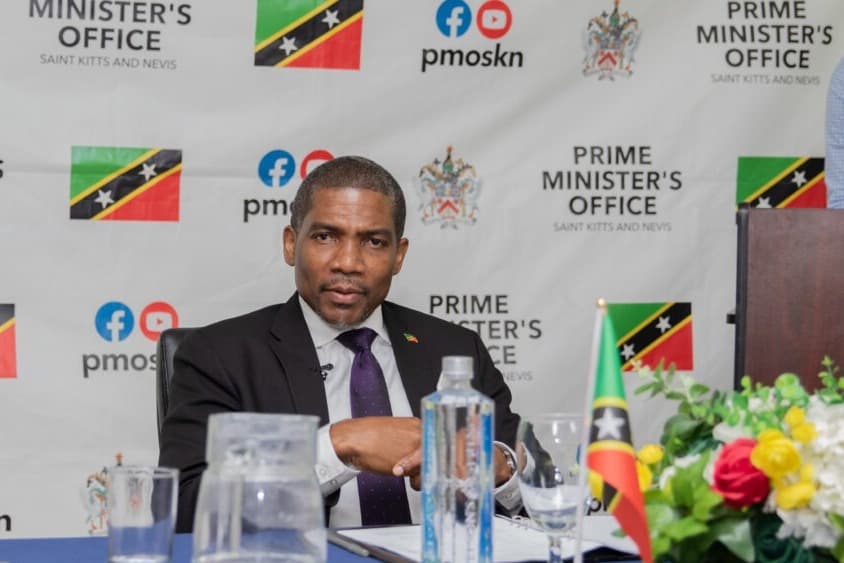Urge to European Parliament to demolish colonization in the Caribbean
Professor Sir Hilary Beckles, The UWI’s Vice-Chancellor, urged the European Parliament to end colonization in the region. He mentioned the audience during a particular discussion on the poverty legacies of colonization that Europe’s economic development was financed by an unmerciful and inhumane system of wealth extraction from the Caribbean, making the region inadequate to meet […]
15th of December 2020

Professor Sir Hilary Beckles, The UWI’s Vice-Chancellor, urged the European Parliament to end colonization in the region.
He mentioned the audience during a particular discussion on the poverty legacies of colonization that Europe’s economic development was financed by an unmerciful and inhumane system of wealth extraction from the Caribbean, making the region inadequate to meet its financial growth targets and impoverished.
A reminder was given by Sir Hilary to the parliament that the Caribbean prevails as one of the few colonized sectors around the world and the politics and policies of white supremacy.
He explained how Europe derailed from its obligations after committing outrageous crimes against humankind and not only stripping it of natural resources but enslaving its people as well.
Leaving an atrocious social and economic mess that Europe has been reluctant to clean up, the Caribbean, however, has a right to economic equity and justice.
A reflection of an obsolete mentality is apparent as Europe insists on providing aid rather than economic development funding which holds no reputable place in the 21st century.
“This is a top moral priority issue in the international order,” said Professor Beckles, Europe has ravaged the Caribbean to finance its growth and development to an extent which is still unknown to the world. At the same time, the region is made to support its own financial growth with debt. Europe, he added, owes the West Indies an immense debt in the form of “Marshall Plan” comparable to what it offered the East Indies with the “Colombo Plan” between 1950 and 2000.
He adds further, reparatory justice concerns economic development partnership and support. He complimented the parliament for recognizing that repairing this is an idea whose time has come.
Latest
- Guyana’s Linden to Mabura Road Project Nears Completion, Connecting Country to Northern Brazil
-
Trinidad: Unidentified man found dead on Uriah Butler Highway in suspected hit-and-run -
Tuberculosis cases reported at Edward P. Yorke High School in Belize City -
Sugar Mas Carnival boosts St Kitts and Nevis economy to $29.5m -
Jamaican Designer Rachel Scott Debuts Fall 2026 Diotima Collection at New York Fashion Week
Related Articles


21st of February 2026

20th of February 2026

20th of February 2026


19th of February 2026

18th of February 2026

